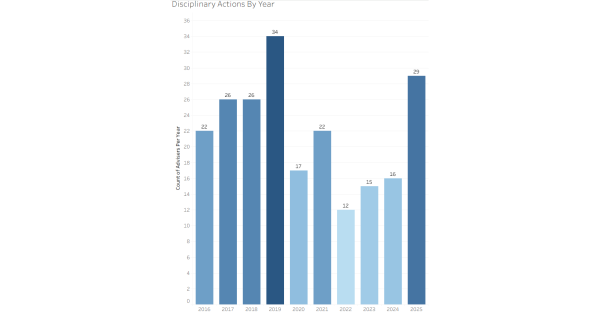Need to simplify the adviser qualifications conversation

The conversation around the ‘experienced pathway’ has been over-complicated and is in danger of creating deeper consumer confusion, according to The Advisers Association (TAA) chief executive, Neil Macdonald.
Referencing his organisation’s submission to the Treasury consultation around the ‘experienced pathway’, Macdonald said that all consumers really wanted to know was that the financial adviser they were dealing with was suitably qualified and knew what they wre doing.
“We must have an experienced pathway because in order to fulfil consumer demand for advice, we have to do something to stem the exit of highly experienced advisers from the profession,” he said. “But are we over-complicating it? If we stand on the outside for a moment and look in, consumers must be wondering what is so difficult.”
Macdonald said some of TAA’s concerns centre around the way the experienced pathway is being framed.
“We think using terms like ‘experienced provider’ and ‘relevant provider’ just creates deeper consumer confusion,” he said. ‘The differences between these two providers are not immediately clear and will have to be explained. There’s also the risk that people will think ‘experienced’ is somehow better than ‘relevant’. It certainly looks like that at first glance.”
Macdonald said TAA’s preference is the same naming convention for all financial advisers in law.
“The difference between an experienced adviser and a relevant adviser could then be simply addressed at the consumer level, for example, adviser qualifications or lack thereof, and experience, could be contained in the Financial Services Guide and marketing materials,” he said.
Macdonald said consumers were also likely confused about the level of education and training required of advisers.
“We’re sure many consumers still don’t know what qualifications financial advisers must hold and, if they do, they are likely scratching their heads as to why there has so far been such a one-size-fits-all approach to adviser education,” he said.
“They’re likely also wondering why prior learning and a broader range of relevant qualifications are not better recognised, particularly for those wanting to enter the profession from closely-related professions.”











One must ask if the revelations of the union graft in the Victorian Big Build are true, then what is…
As the ACTU put together this statement whilst on the food and piss in the ISF members paid for MCG…
Does this mean APRA and ASIC staff are no longer welcome at the union fund super boxes at the NRL…
Couldn't care what the ACTU think. Just another diversion. They should be quiet. Ask yourself, if we started super again…
Based on this principle, advisers or super call centres recommending portfolio switches into Balanced Industry super options should be caught…